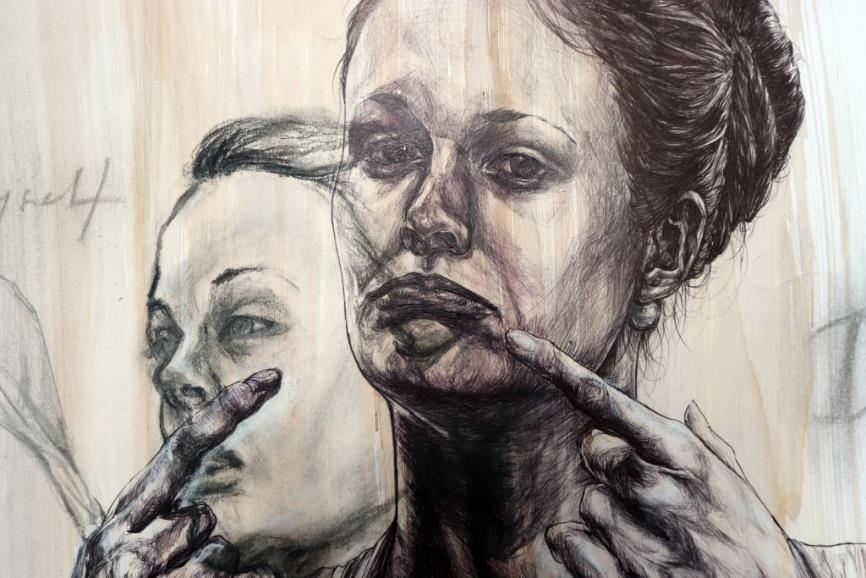
2 minute read
MUSIC - HIGHER LEVEL
MUSIC - HIGHER LEVEL

Aims:
The IB Music course has been rewritten and aligned with the other DP arts subjects. There is no final examination. The aims of the new DP Music course at SL & HL are to enable students to:
• Explore a range of musical contexts and make links to, and between, different musical practices. • Develop as imaginative and skilled creators and collaborators. • Express ideas creatively and with confidence. • Critically reflect on the process of creating and experiencing music. • Evaluate and develop critical perspectives on their own music and the work of others.
Course Description:
The new DP course has been designed to prepare 21st century musicians for a world in which global musical cultures and industries are rapidly changing. It teaches students to be able to strategize, plan, execute and justify their creative choices. It will equip students with strongly developed creative thinking skills, holistic mindsets and flexible design-and project-based skills, all of which are highly sought after by universities and employers.
Throughout the course, students embody three roles: the researcher, the creator and the performer. They will have the freedom to personalize their learning. There is no written exam, and assessment is based on the following tasks:
Exploring music in context: 20%, externally assessed • Written work (2,400 words) • Practical creating exercise (32 bars or 1 minute) • Performance (max. 2 minutes)
Experimenting with music: 20%, internally assessed • Written report (1,500 words) • Three excerpts of creating (total max. 5 mins) • Three excerpts of performing (total max. 5 mins)
Presenting music: 30%, externally assessed • Programme notes (600 words) • Composition and/or improvisation (6 minutes) • Performance – solo and/or ensemble (12 minutes)
The contemporary music-maker: 30%, internally assessed • Multi-media presentation documenting a real-life project
Requirements:
Students who have studied music at GCSE or IGCSE level or have done formal practical or theory examinations (such as ABRSM/Trinity Guildhall) would be at an advantage for taking IB HL Music. However, students who have secure musical skills and a strong interest in the subject can certainly succeed at IB HL Music. This subject can be accessed by any student who has an interest in music, plays a musical instrument or sings to a reasonable standard. The ability to read music is desirable but not essential.
Career Path:
The Diploma Programme Music course at Higher level provides an enriching and valuable course of study for students who may pursue other careers. This course also provides all students with the opportunity to engage in the world of music as lifelong participants. Potential pathways for Careers in music are Music Production and Studio Engineering, Composing and Arranging, Performance and Live Music, Legal/Business/Management aspects of Music, Recording Labels, Media, TV, Radio and Print, Education and Music Therapy. For students not wishing to pursue Music at University, Music is very highly regarded by top universities around the world.
Comparison between this course and A-Level
• IB Higher Level Music gives you more flexibility and personal choice. • IB HL requires all students to complete performing, composing and research tasks. • In place of prescribed music, IB HL Music students and teachers are able to personalize unique approaches to musical forms, genres and pieces. • There is no written examination for IB HL Music. All components are coursework with portfolio submissions for both internal and external assessment.
Contact for further information:
Helen Owain: helen.owain@tts.edu.sg








